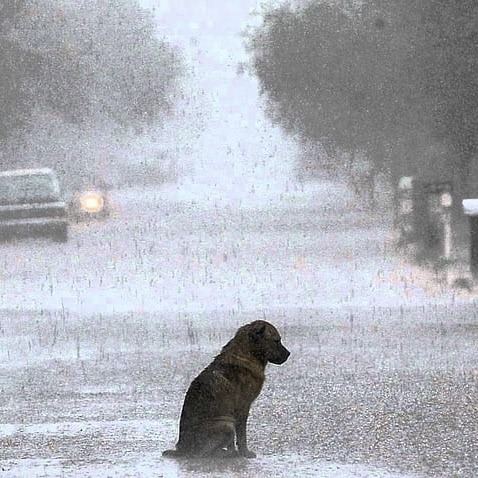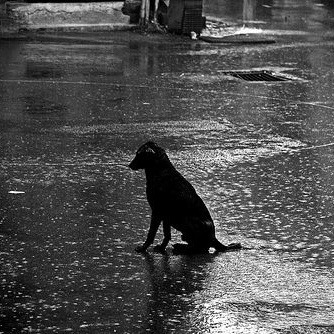#patrick bateman voice my pain is constant and sharp
Text
"describe your symptoms" brother i have felt like this since i was 12 unrelentingly




90K notes
·
View notes
Text
American Psycho (2000), directed by Mary Harron based on Bret Easton Ellis (1991)
“... there is an idea of Patrick Bateman, some kind of abstraction, but there is no real me, only an entity, something illusory, and though I can hide my old gaze and you can shake my hand and feel flesh gripping yours, and maybe you can even sense our lifestyles are comparable: I am simply not there”
It took me ages to write this analysis, because I didn’t know if I should compare both pieces or just analyse them separately, fearing to be unfair to both. This stands as a warning; even thought I might compare elements of both pieces, I still think they are both to be read or watched as individual works. For me, the main difference between the film and the book is that where the book concentrates on the character, the film focuses on the context.
Personally, I engaged with the book more than the movie, because it resonated with a very human aspect of myself. I believe it was the story of a highly anxious banker trying to find comfort in conformity, and beyond that, trying to win a game he doesn’t quite understand, until it drove him insane. The book is built on moments that repeat themselves endlessly: empty dinners filled with Wall Street’s game of who’s who, condescending conversations with secretaries, and gore interactions with homeless people. As these moments keep happening over and over again, I started feeling that claustrophobia, like a never-ending loop that directly echoed with my own feelings of anxiety. The combination of these moments creates a pattern in which every element represents a part of his anxiety that evolves to the point of driving him mad.
“I am simply not there” - This quote, perhaps the most emblematic quote of both the book and the movie, appears on page 362. Bateman has this realisation right after his secretary, Jean, admits her feelings for him. For the last 361 pages, the reader has to suffer through getting to know a man who does not appear to have any empathy. Right when the reader starts accepting his psychopathic nature, he goes on this intense introspection, which is itself a confession of feelings. In contrast of Jean’s unabashed honesty, Patrick realises the lack of his own, and it bothers him. This part echoes another which confronts Patrick with his ex-girlfriend from his Harvard year. This is the first time throughout the whole book that the character has a genuine interaction, which makes his anxiety peak. Surely, it’s easy for him to reject his emotions and engage in his madness where everyone around him encourage him to. However, his anxiety is triggered when he’s faced with people who do voice their feelings, in a natural and almost shameless way, reminding him that his emptiness is unnatural and beyond that, unjustifiable. That confronts him with his deepest insecurity and his most essential truth: “Because I want to fit in.”
“I am simply not there” - The movie starts off with this quote, and this, I believe, is where lies the most essential difference between both pieces. We’re introduced to a man who’s already confessed to his non-being and from that point on, we’re looking at this man through this view point. Instead of having a never-ending pattern, the film chose a few scenes, enough to show the audience the kind of world Patrick Bateman is living in. The book essentially explains this is this world, and this is what is going to drive this man mad, but the film explains this man has gone mad, and this is the world that drove him mad. That anxiety is also reflected in the film, at times. For instance, that ridiculous competition over the aesthetic of business cards which is essentially a dick contest in his world, where Bateman dramatically drops his colleague’s business card. I hold Christian Bale in very high regards and he was just the most brilliant actor for that movie (even thought all his co-stars thought he was a terrible actor and a poor choice for the movie) and for me, the absolute peak of the movie is the confession scene. There is something deeply intriguing about this scene; this is the moment where we realise Bateman’s humanity, with the tears streaming down his face like a pathetic 3 year old. It’s so pure, so direct, so pathetic, and so pathetically human. For me, this scene is notable because it reveals something about the art of film: instead of having pages after pages, slowly describing his downfall from human to animal, you just have a scene of Christian Bale, sitting on the floor and crying. It resonates to something so deeply ingrained within all of us.
When you ask someone if they’ve seen/read American Psycho, the most common answer you’re going to get is: “the story about the guy that thinks he kills people but doesn’t really?”. This is really curious for me, because whether it be the book, or the film, most elements hint at the fact that it actually happened and whether he actually did murder those people is completely open to interpretation. The only real clue that indicates it was all a fantasy is Bateman’s lawyer telling him “I had lunch with Paul Allen last week”. An interesting theory I’ve heard was that the murders, in fact, were real and that the lawyer believes he had lunch with Paul Allen because even if it wasn’t Paul Allen, all Wall Street men are so similar that you can’t tell them apart. Harron included this scene and later on admitted that she tried to avoid as much as she could an obvious interpretation of the story. Considering this, the way that the film exposes Wall Street fits in perfectly with the story Harron wants to tell.
“Each model of human behavior must be assumed to have some validity. Is evil something you are? Or is it something you do? My pain is constant and sharp and I do not hope for a better world for anyone. In fact, I want my pain to be inflicted on others. I want no one to escape. But even after admitting this—and I have countless times, in just about every act I’ve committed—and coming face-to-face with these truths, there is no catharsis. I gain no deeper knowledge about myself, no new understanding can be extracted from my telling. There has been no reason for me to tell you any of this. This confession has meant nothing….”
5 notes
·
View notes